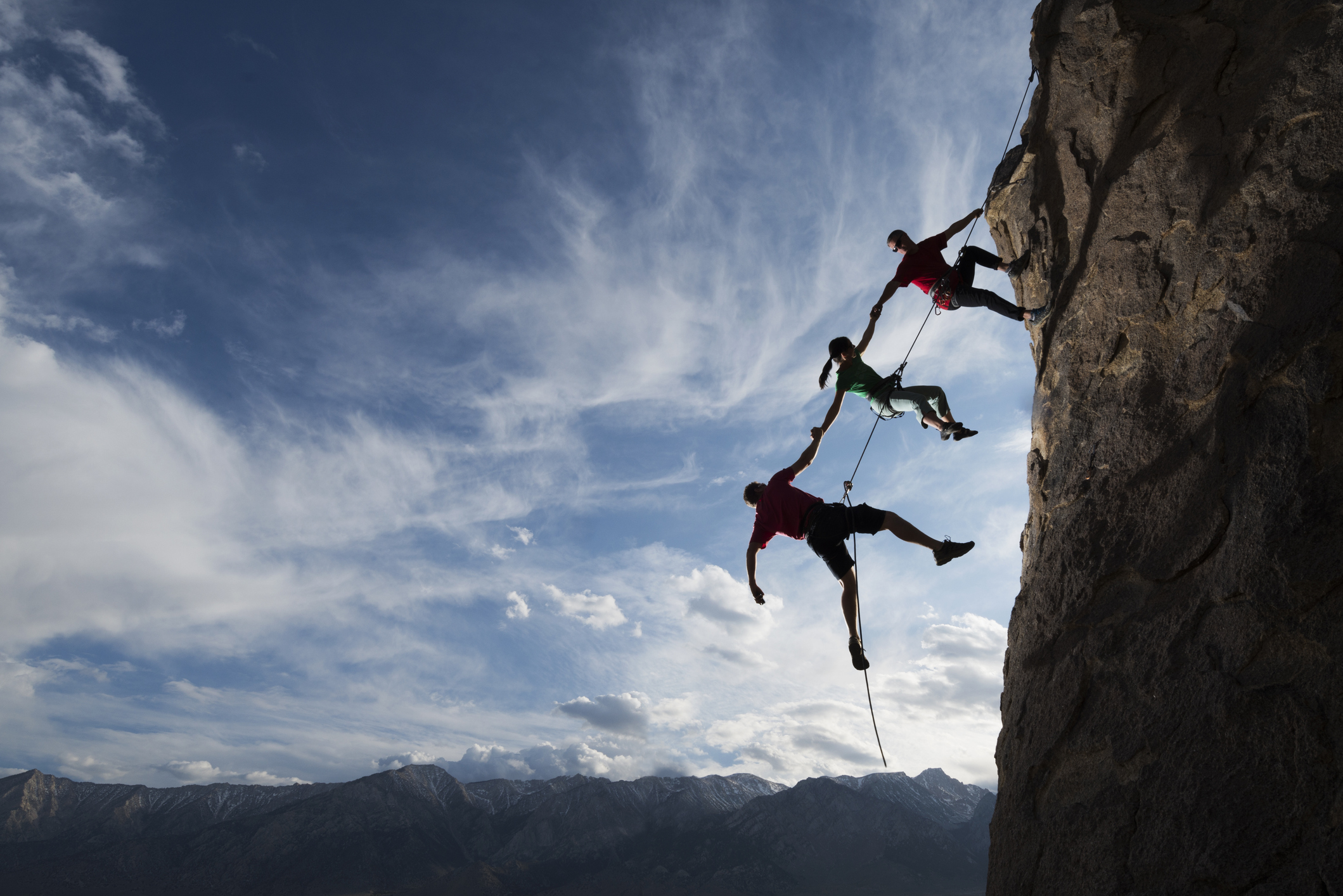
The Journey to Sobriety: Trust as a Lynchpin
Trust played a crucial role in my journey towards sobriety. It was through learning to trust, first a few sober people, then a group, a sponsor, and finally a program of recovery, that I achieved decades of a sober life. In this regard, trust serves as the proverbial nail in the “For the want of a nail” proverb; the absence of trust potentially leads to the loss of recovery.
The Uncanny Disconnect in AA Zoom Meetings
While Zoom has done its best to provide secure and trustworthy technology, I’ve struggled to fully embrace AA Zoom meetings. Even though the Zoom meetings replicated the format and readings of in-person ones, something always felt off. And it wasn’t just the technology.
The difference became clear to me when I compared my business teleconferences with AA Zoom calls. Business calls have fewer participants, no muting, and a natural conversational flow. In contrast, AA Zoom calls necessitate muting due to large attendance, which results in an unnerving silence while speaking.
Root of Discomfort: Lack of Trust
Upon reflection, my discomfort with AA Zoom meetings stems from a lack of trust. Opening up and feeling safe is the “magic” of AA meetings, and the absence of this in online settings is frustrating. Despite the impressive efforts of many to host hundreds of thousands of AA members in online meetings during the pandemic lockdown, the initial novelty of Zoom meetings wore off, revealing the shortcomings of teleconferencing for larger groups.
Identifying the Trust Issues: Anonymity and Unfamiliarity
My lack of trust can be attributed to two primary factors. First, not knowing all the people attending the Zoom meeting poses a challenge to trust development. It’s difficult to gauge the seriousness of others about recovery, their sobriety status, their adherence to a program, or even their true identity. The presence of ‘meeting bombers’ and other external observers further complicates the issue.
The second issue relates to the preservation of anonymity. If I don’t know who’s on the call, how can I trust they will respect my anonymity? The potential for pictures and recordings being made without consent heightens the risk and raises significant concerns.
Alternatives to AA Zoom Meetings
Given these challenges, and with the California lockdown preventing in-person meetings, my options are limited. The most appealing alternative is one-on-one connections with trusted AAs, either by phone or via teleconferencing. For those feeling meeting deficient, hosting small, intimate Zoom meetings with trusted individuals can also be a viable solution.
Addressing Counterarguments
There are those who may argue that my concerns about trust are overstated or that in-person meetings can’t guarantee trust either. But I believe there’s a fundamental difference between online and in-person meetings, symbolized by the ‘barrier to entry’. Attending an in-person meeting involves commitment, from planning in advance to making the journey to the venue. This commitment indicates sincerity, which can foster trust.
Considering Larger AA Zoom Meetings
To foster trust in larger AA Zoom meetings, perhaps they could introduce a registration process or some form of ‘barrier to entry’. Although this may raise concerns about inclusivity and anonymity, it’s a new challenge that the AA community needs to navigate. Online meetings on this scale are uncharted territory.
In Conclusion: Embracing Personal Solutions
I’ve decided that open-call AA Zoom meetings aren’t for me. However, I urge you to maintain connections with other alcoholics during this pandemic, perhaps even start your own small Zoom meetings. The key is to keep ourselves sober, even in these unprecedented times.